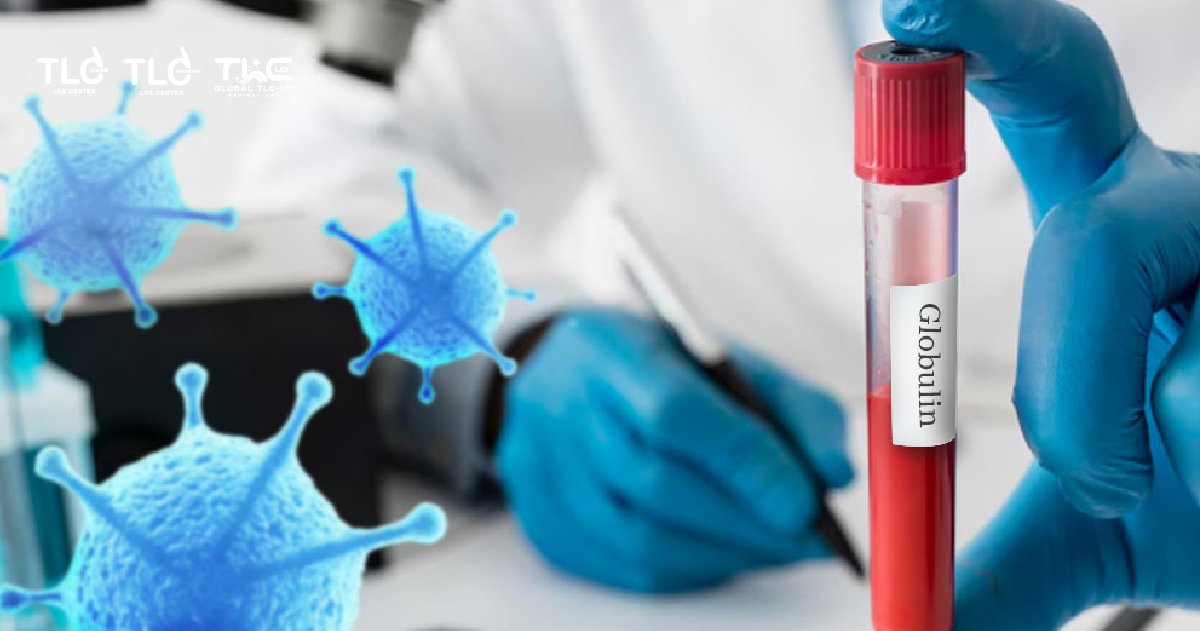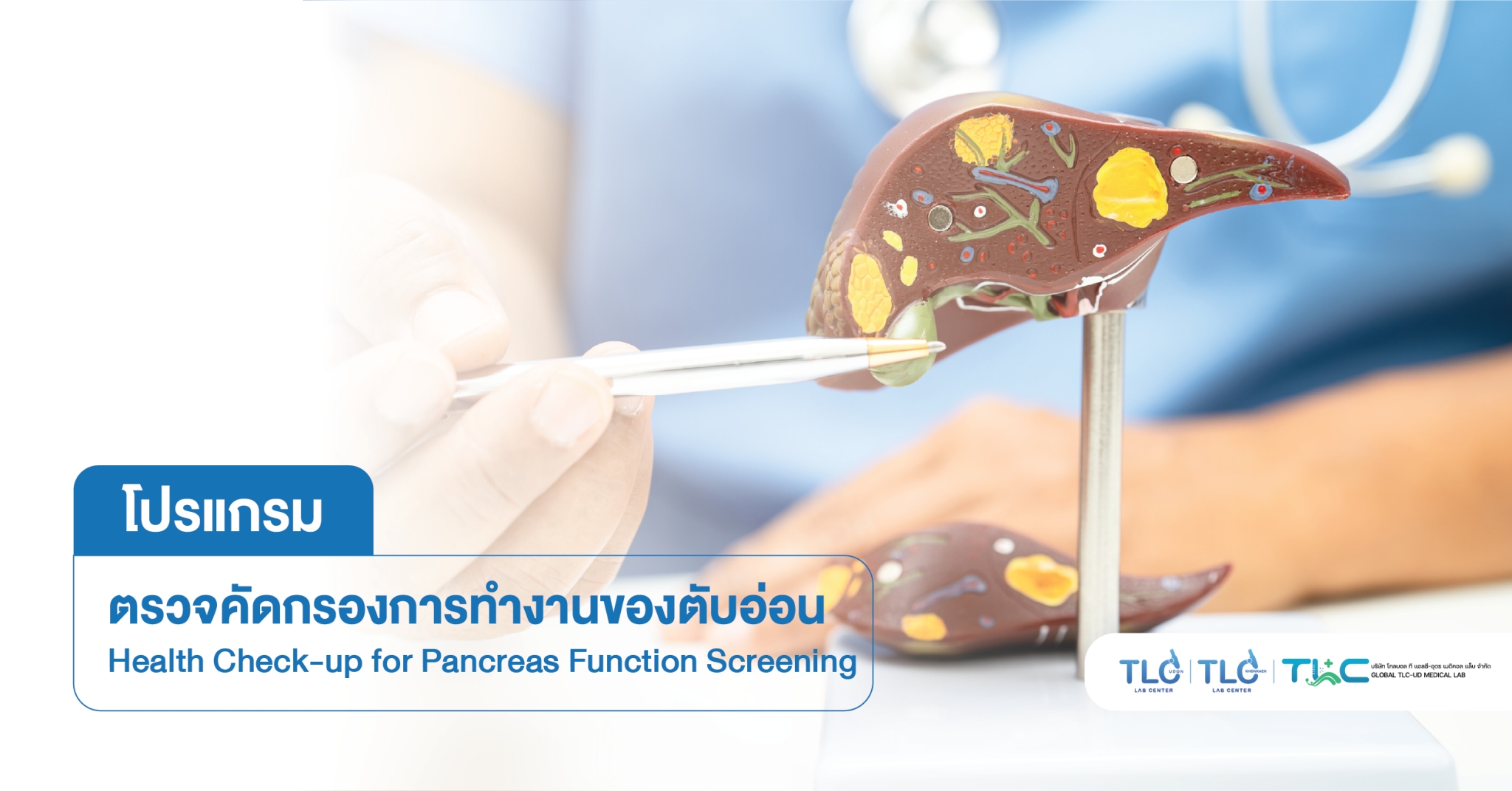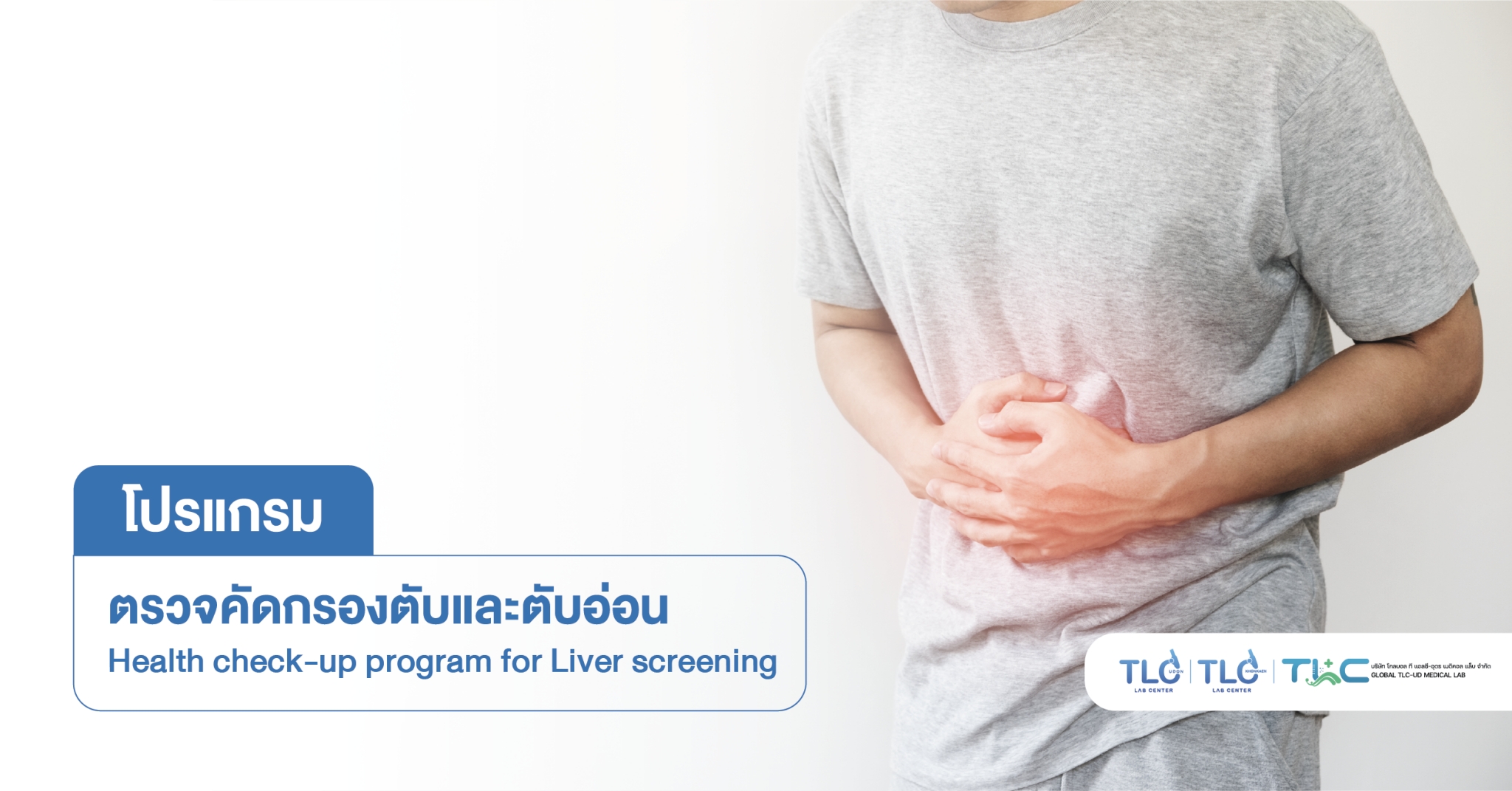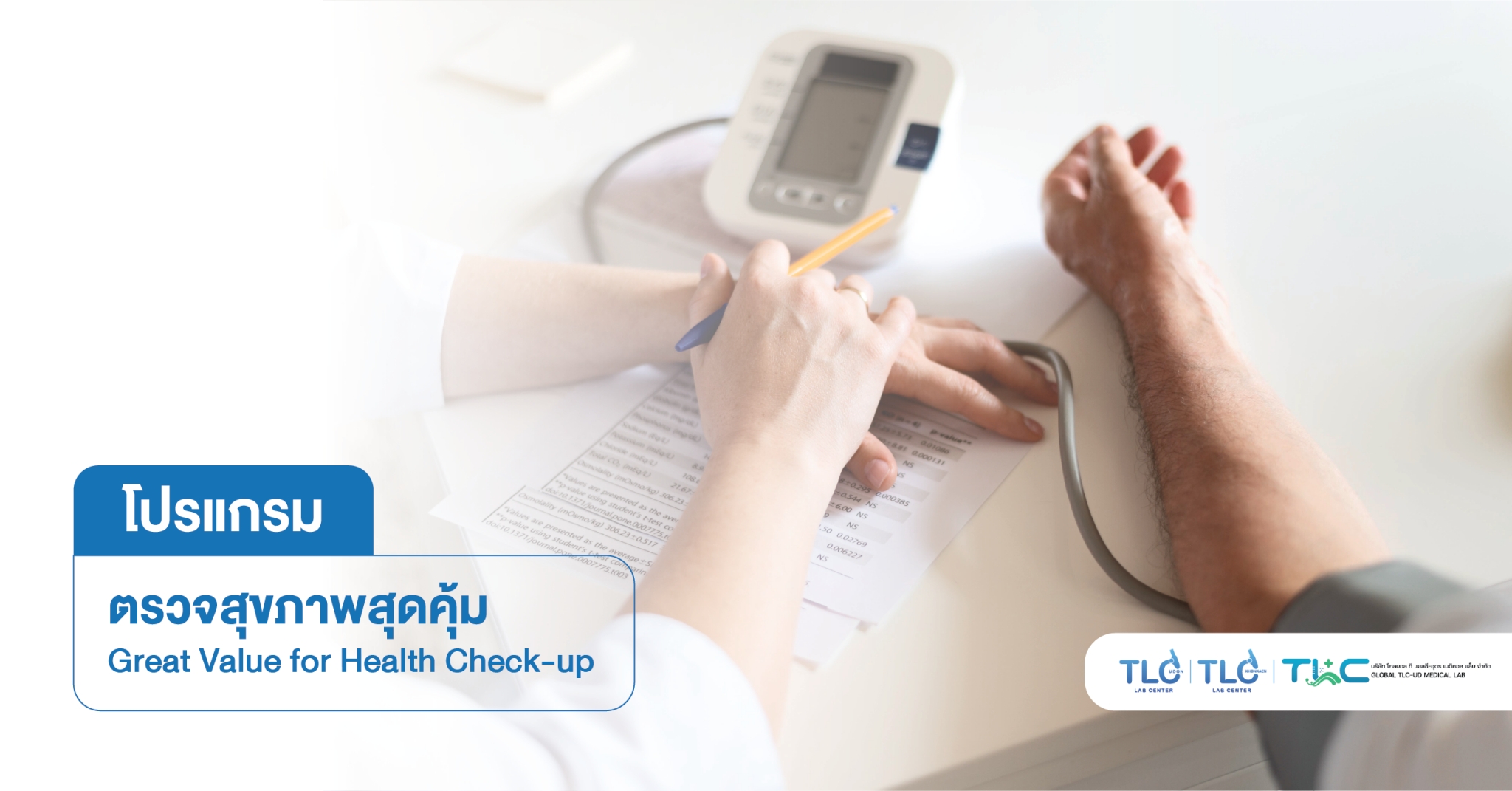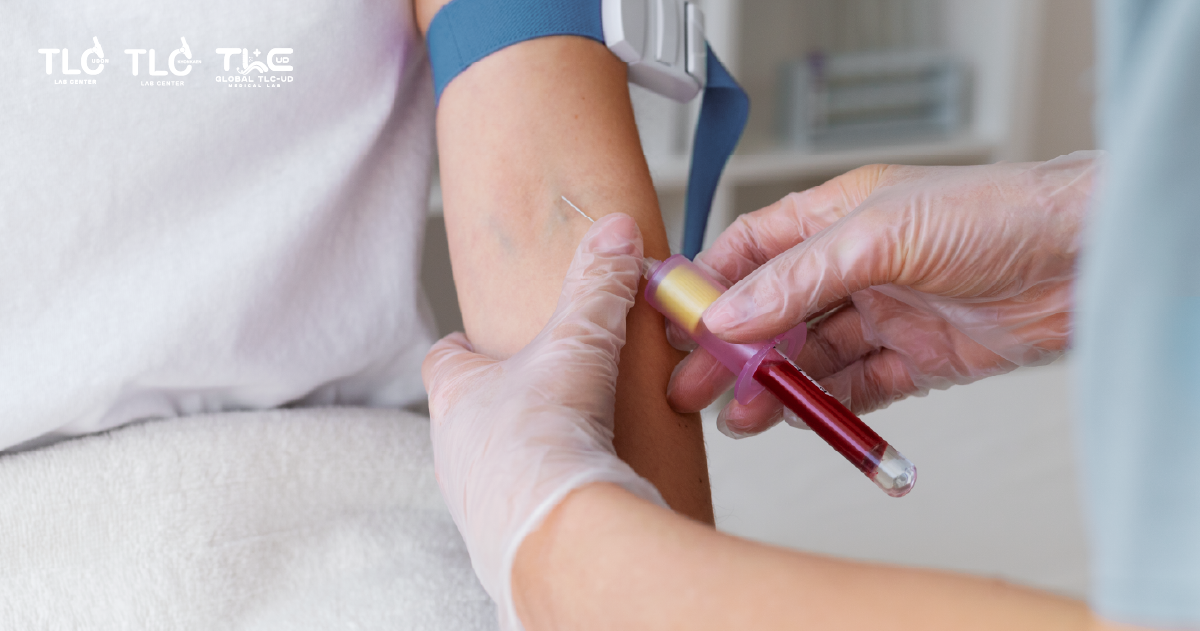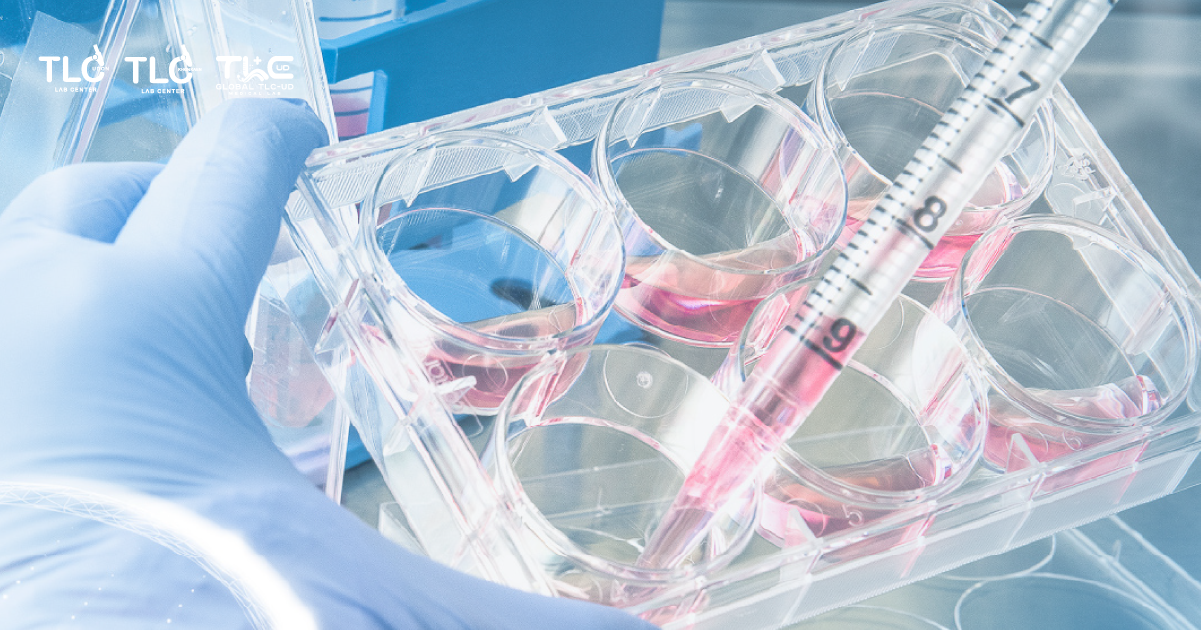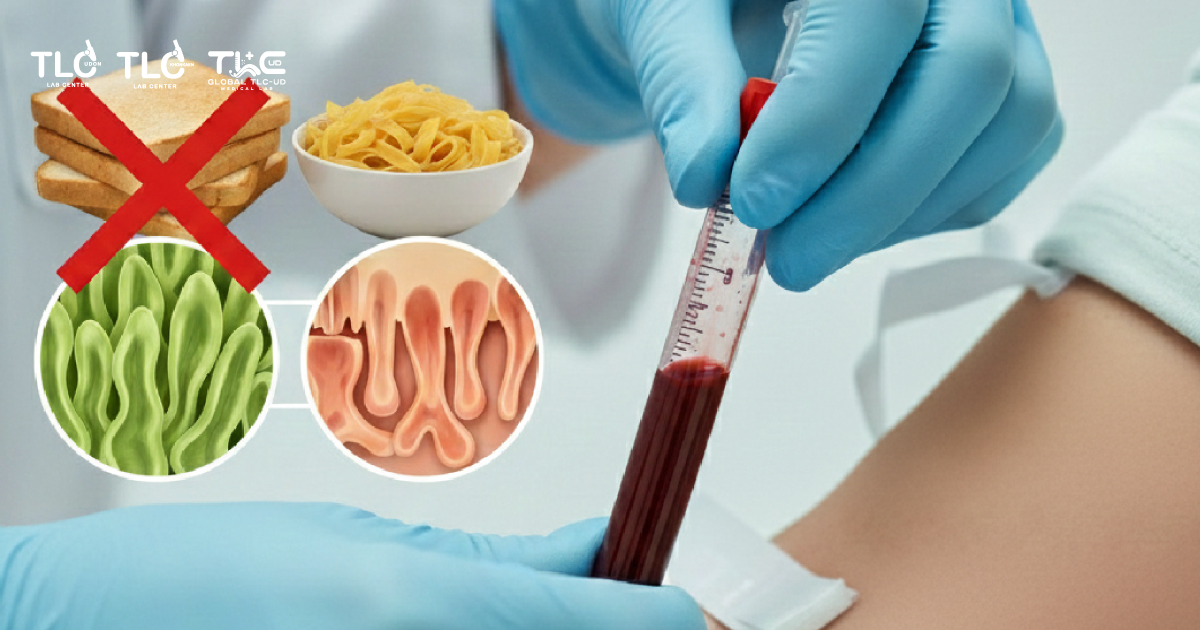Globulin refers to a group of proteins present in the bloodstream that play critical roles in several physiological processes, including liver function, blood clotting, and—most notably—immune system support.
There are four primary types of globulin:
- Alpha-1 globulin
- Alpha-2 globulin
- Beta globulin
- Gamma globulin – also known as immunoglobulin, or antibodies
Each type of globulin serves distinct functions, ranging from the transportation of hormones and vitamins to defending the body against infections.
What Is Hyperglobulinemia (Elevated Globulin Levels)?
Hyperglobulinemia is a condition characterized by abnormally high levels of globulin in the blood. This usually results from the overproduction of proteins, particularly immunoglobulins (antibodies).
Common Causes:
- Chronic infections (e.g., tuberculosis, viral hepatitis)
- Persistent inflammatory conditions (e.g., rheumatoid arthritis, systemic lupus erythematosus)
- Certain cancers (e.g., multiple myeloma, lymphoma)
- Liver diseases (e.g., cirrhosis, chronic hepatitis)
- Autoimmune disorders
Possible Symptoms:
- Fatigue
- Unexplained weight loss
- Night sweats
- Swelling (associated with inflammation or liver disease)
Hyperglobulinemia itself may not produce noticeable symptoms, but the underlying cause—such as infection, inflammation, or malignancy—often does. Diagnosis is typically confirmed through blood tests, such as serum protein electrophoresis, which measures and categorizes globulin fractions. Treatment is aimed at addressing the root condition.

What Is Hypoglobulinemia (Low Globulin Levels)?
Hypoglobulinemia refers to lower-than-normal levels of globulin in the blood. This generally indicates an insufficient production of immunoglobulins (antibodies), potentially compromising the body’s ability to fight infections.
Potential Causes:
- Congenital or inherited immune deficiencies (e.g., agammaglobulinemia)
- Kidney disorders causing protein loss (e.g., nephrotic syndrome)
- Severe liver disease (e.g., advanced cirrhosis)
- Side effects of medications or cancer treatments
Common Symptoms:
- Recurrent respiratory or sinus infections
- Chronic diarrhoea (especially if gut immunity is impaired)
- Delayed wound healing
These symptoms are usually linked to frequent or severe infections. Diagnosis is made through blood testing that evaluates total globulin levels and specific immunoglobulins (such as IgG, IgA, and IgM). Treatment may include prompt management of infections, immunoglobulin replacement therapy, and addressing the underlying cause.

When to Consult a Physician
If your blood test reveals abnormal globulin levels—or if you experience unexplained infections, persistent fatigue, or other concerning symptoms—it is important to seek medical evaluation for further investigation.
Recommended Laboratory Tests
- Serum Protein Electrophoresis (to assess Alpha, Beta, and Gamma globulins)
- Total Protein
- Albumin
- Globulin
- A/G Ratio (Albumin/Globulin)
- Immunoglobulin Panel (IgG, IgA, IgM)
- Liver Function Tests
- Kidney Function Tests
Note: Fasting is not required prior to the blood test.
References
- Jain, R., & Salgia, R. (2014). The spectrum of hyperglobulinemia: Causes and clinical significance. Cleveland Clinic Journal of Medicine, 81(8), 535-544. [ ccjm.org ]
- Chapel, H., Lucas, M., Lee, M., & Bjorkander, J. (2008). Common variable immunodeficiency disorders: division into distinct clinical phenotypes. Blood, 112(2), 277-286. [[ ashpublications.org ]]

